
Engineering & Research: Innovations in Process Control - On Demand
Recorded On: 03/13/2024
-
You must log in to register
- Non-member - $35
- Member - $25
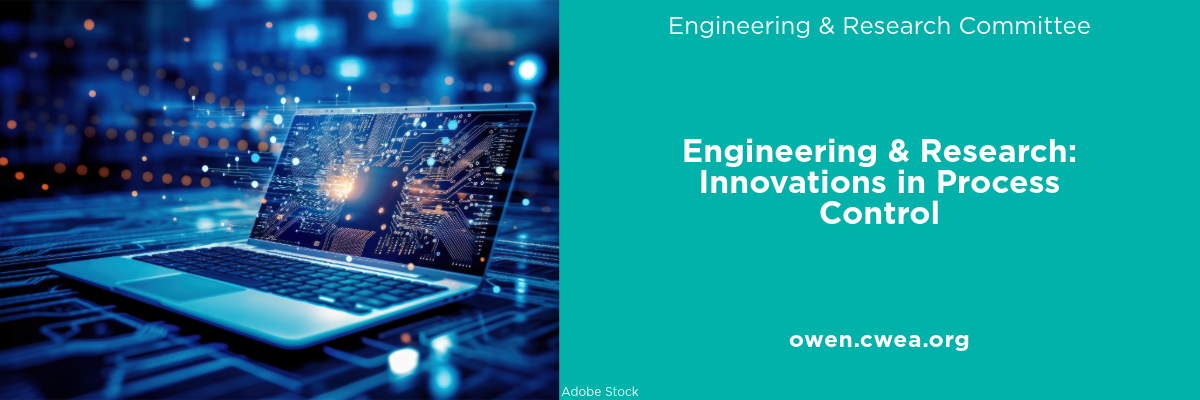
CWEA Members: $25.00
Non-Members: $35.00
1.2 Contact Hours Towards CWEA Certifications: AWTO
An introduction to next generation wastewater treatment optimization that incorporates AI and machine learning, Katya Bilyk, PE, Javad Roostaei, PhD, PE, MCS
Machine Learning holds the potential to provide more consistent treatment performance and higher efficiency by improving process control. The introductory talk to this webinar will present an overview of recent developments in the field.
Unifying wastewater treatment facility control through reinforcement learning, Henry Croll PE
Reinforcement learning (RL) stands out among machine learning techniques for its ability to produce better-than-human performance under complex tasks. This presentation will provide attendees key information regarding treatment control optimization scenarios in which a single RL agent controls up to eight independent actions.
Full Scale Digital Twin with Integrated Hybrid Model Predictive Controller for Ammonia Based Aeration Control, Jeffrey A. Sparks PE
This work encompasses the full-scale integration of a Digital Twin (DT) with a Hybrid Model Predictive Controller (HMPC) for Ammonia-Based Aeration Control. This is one of the first full-scale DT and HMPC implementations to be used for active control where the DT has a bidirectional live data connection with the control system. The overall intention of the HMPC is to comply with strict effluent Total Inorganic Nitrogen (TIN) objectives for Indirect Potable Reuse (IPR) while balancing operational costs, plant capacity, and energy usage.
Machine Learning-Enhanced Pathogen Removal in Potable Reuse MBRs, Samarth Suresh
This webinar will delve into advancements in potable reuse, focusing on Membrane Bioreactors (MBRs). MBRs offer a compact design and consistent pathogen removal, but nevertheless would require frequent pathogen monitoring in reuse. Traditional testing for Giardia and Cryptosporidium is cost-intensive and time-consuming. In this USBR-funded research, our project team has developed a machine learning predictive model using cost-effective microbial surrogates to serve as an early alert system. Preliminary results indicate machine learning could out-predict simpler linear methods. The discussed methods would also have broader applicability to E. coli and total coliforms for NPDES compliance
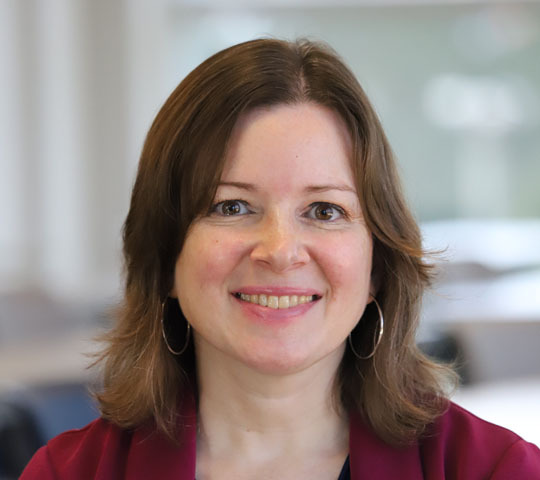
Katya Bilyk, PE,
Associate Vice President
Hazen and Sawyer
Katya Bilyk is an Associate Vice President at Hazen and Sawyer in Raleigh, NC. She has a BS from Virginia Tech and MS from UNC Chapel Hill. She has 23 years of experience in the industry and focuses on wastewater process design, modeling, and optimization. She also leads Hazen’s Digital Intelligent Water Team, which creates advanced digital solutions that apply machine learning and advanced data analytics to the water industry.
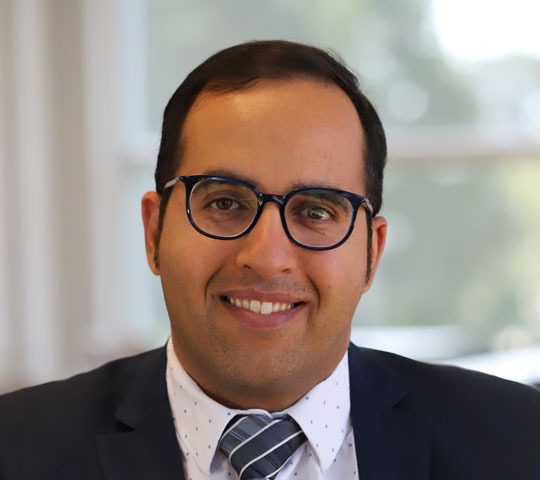
Javad Roostaei, PhD, PE, MCS
Director of Data Science
Hazen and Sawyer
Javad is the Director of Data Science at Hazen and Sawyer, bringing 14 years of experience in data science to the role, with a specialization in the water industry. He's an expert in statistics, machine learning, and cloud technologies, and has made significant contributions to the field through his peer-reviewed publications and conference presentations. He has also co-founded startups and successfully raised funding for them, earning a couple of patents in the process. Currently, he chairs the AWWA-Information Management and Technology Research Committee and serves as an Adjunct Assistant Professor at the University of North Carolina, Chapel Hill. Licensed as a Professional Engineer in North Carolina, Javad expertly applies his water industry expertise to his data science work
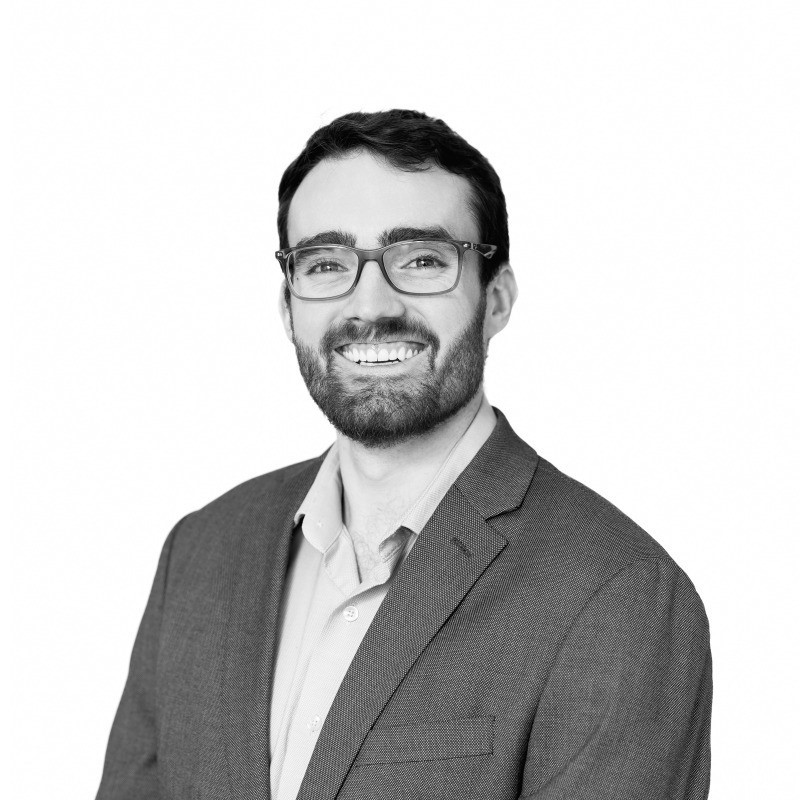
Henry Croll PE
PhD Candidate / Innovation Engineer
Iowa State University / Stantec
Henry is an Innovation Engineer in the Office of Innovation & Technology at Stantec. He received his bachelors and masters degrees from the University of Minnesota, and is currently a PhD candidate at Iowa State University. His research focus is the application of reinforcement learning to wastewater treatment control optimization. Henry also has experience with water and wastewater treatment system design, particularly in process modeling and the treatment of emerging contaminants.
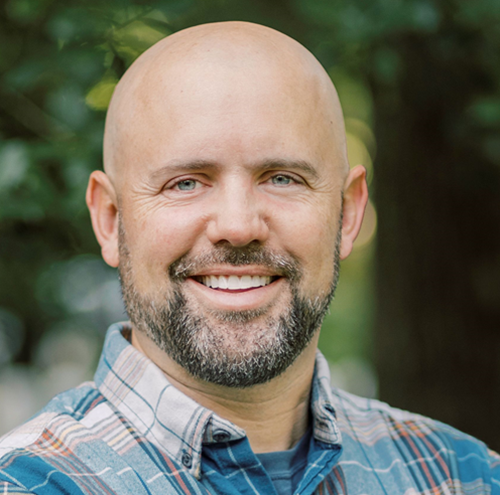
Jeffrey A. Sparks PE
PhD Candidate
Université Laval
Jeff is a licensed Professional Engineer with 15 years of experience in design, operations, process control, and utility management. He is a graduate of VMI where he earned his bachelor’s degree in civil and environmental engineering. Jeff went on to get his master’s degree in environmental engineering from Virginia Tech. After that, Jeff went into consulting and did that until he joined HRSD in 2010. At HRSD, Jeff is currently the Chief of Data Systems and Optimization. He is also currently pursuing his PhD at Université Laval, where his focus is on integrating machine learning into industrial controllers at Water Resource Recovery Facilities.
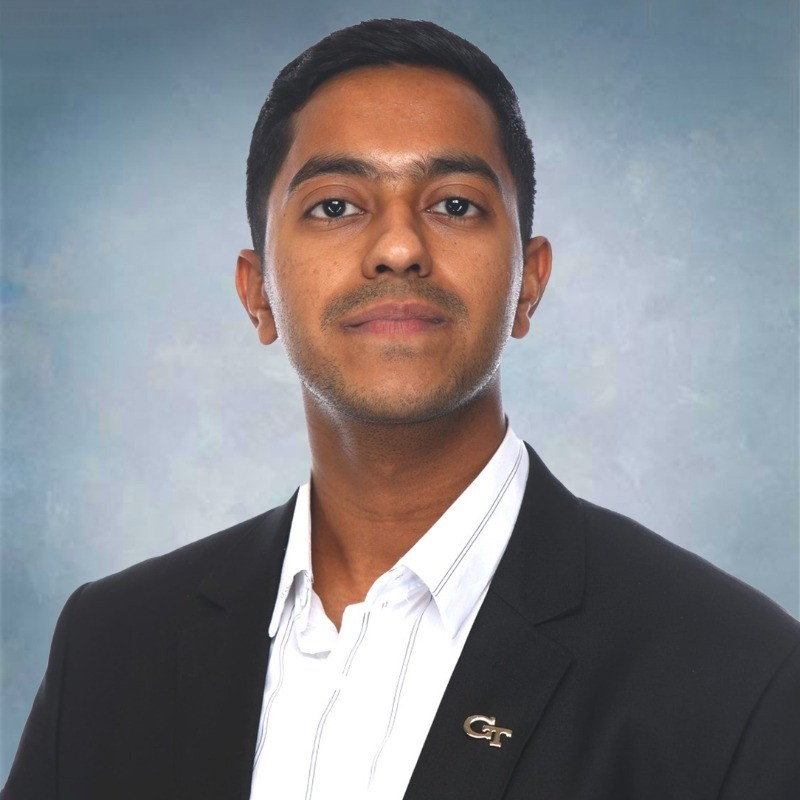
Samarth Suresh
Water and Wastewater Process Engineer
Carollo Engineers, Inc
Samarth Suresh is a Water and Wastewater Process Engineer at Carollo Engineers, Inc at The Water Tower, GA office. He received a Master’s in Environmental Engineering from the Georgia Institute of Technology (2023) and a Bachelor's from the People’s Education Society, Bangalore, India (2021), he's on the path to earning his Professional Engineers certificate. Samarth's interests span treatment design, hydraulic modeling, application of machine learning for treatment process optimization, and emerging contaminants like PFAS. His diverse project background includes data-driven digital water research, process design, and master planning, where he employs advanced analysis and visualization techniques, leveraging artificial intelligence technologies.
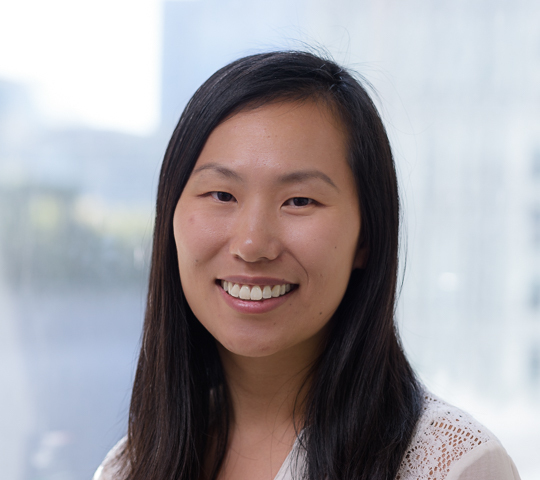
Irene W. Chu, PE (Moderator)
Senior Associate
Hazen and Sawyer
Irene Chu, Senior associate at Hazen and Sawyer. Irene has 15 years experience in wastewater process treatment optimization and design. She is currently working with plants across the SF Bay to implement nutrient removal.
Registrants who view the live webinar to see the slides and hear the audio and then enter the correct attention check code (directions below) will receive 1.2 contact hours towards CWEA's certification: AWTO
To receive your contact hours for viewing the live webinar, please note the two (2) different attention check codes that will be displayed at two different points during the webinar in the top left or right corner of the presentation for approximately 90 seconds. Please enter these codes as 1st attention check code – 2nd attention check code (XXXX-XXXX) in the Attention Check Code component under the "Contents" tab.
Please note, all user activity of CWEA certification holders on the Online Wastewater Education Network is subject to the CWEA Code of Ethics standards for professional conduct and ethics. Certification holders should receive credit for a training only once within the same contact hour period. Any attempt to undermine the certification process may be subject to ethics procedures and possible sanctions. It is not possible to receive contact hours for both attending the live webinar and viewing the recording.
Once you have entered the correct attendance check codes, you will be able to create and download an electronic certificate of completion under the "Contents" tab.

